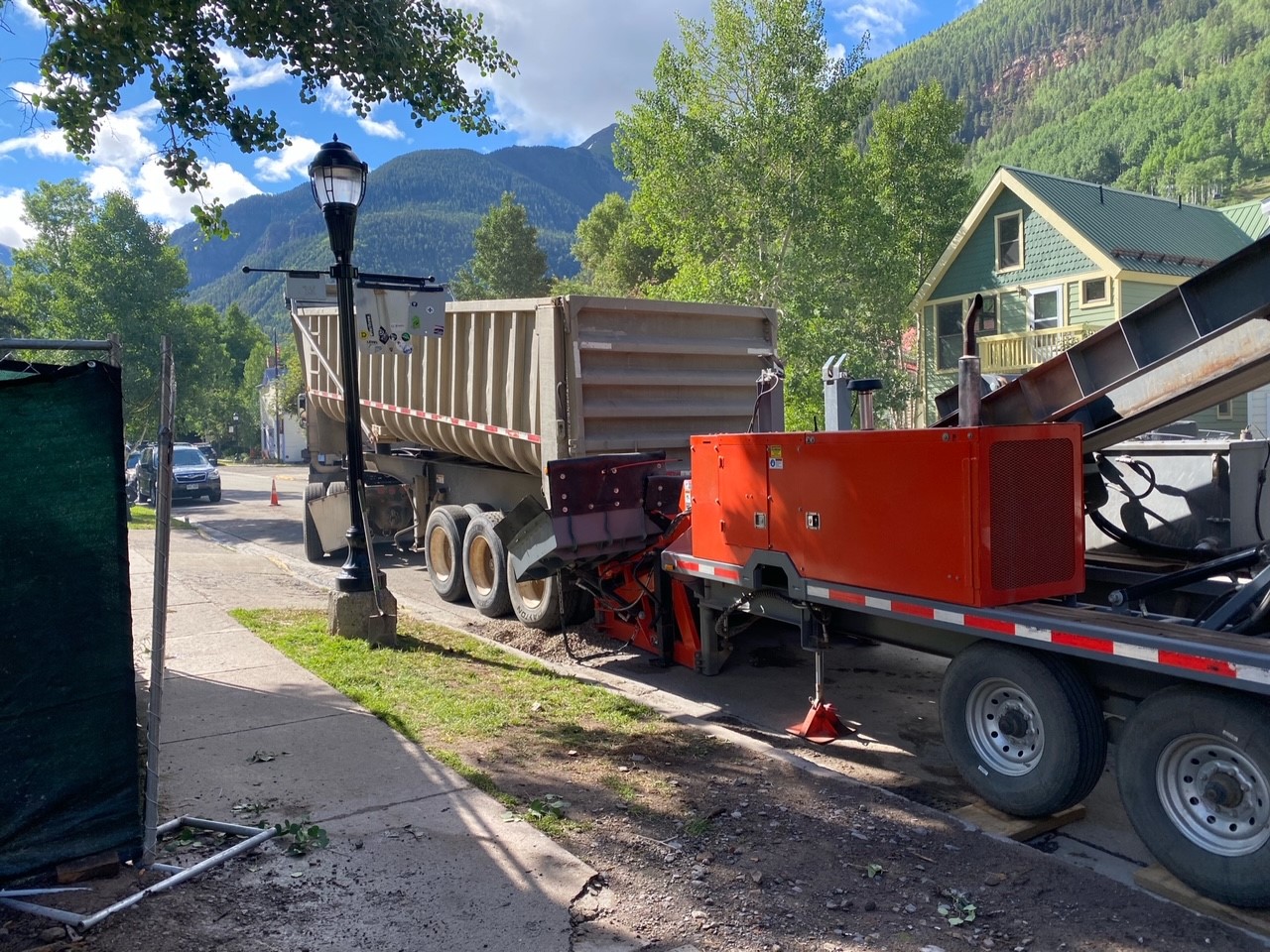Valves come in a wide array of styles and materials. They serve the needs of many different industries, making sure the machinery functions according to the specified demands and requirements. Pinch valve manufacturers provide a valve suitable for functioning in everything from food and beverage industries to mining applications.
Types of Pinch Valves
Essentially, pinch valve manufacturers produce two types: automatic and manual. The manual system operates using a hand wheel. This moves a stem either up or down initiating the squeezing of the sleeve against the valve bottom (fixed). Companies can automate manual models using an actuator. The choice is between either an electric or a pneumatic version.
Pinch valves may be air-pneumatic and electric-solenoid. For the former type, compressed air provides the motive pressure for closing the valve. Both types prove to be effective in different sizes of tubing/membrane bag material. Both types find use in different industrial applications.
Applications of Pinch Valves
Pinch valves are suitable for handling solids. It can do so in bulk form or suspended in either liquids or fluids. This makes the valves ideal for several industries including:
1. The ceramics/glass/plastics industry
2. The chemical industry (like fertilizer manufacturers)
3. Food and beverage industries
4. Mining
5. Paper and pulp producers
6. Pharmaceuticals
7. Silos/cement sector
8. Water treatment and waste water treatment
Overall, pinch valves prove to be very effective in industries that require the movement of coarse slurry or powers through pipelines.
Pinch Valve Manufacturers
Pinch valves provide a means of controlling the flow of material through pipelines. They are particularly effective where the major issues are abrasive material and high pressure. Pinch valve manufacturers produce different types but generally focus on manual or automatic versions capable of serving different industries. Their markets have now expanded from food and beverage to cement producers and mining.


